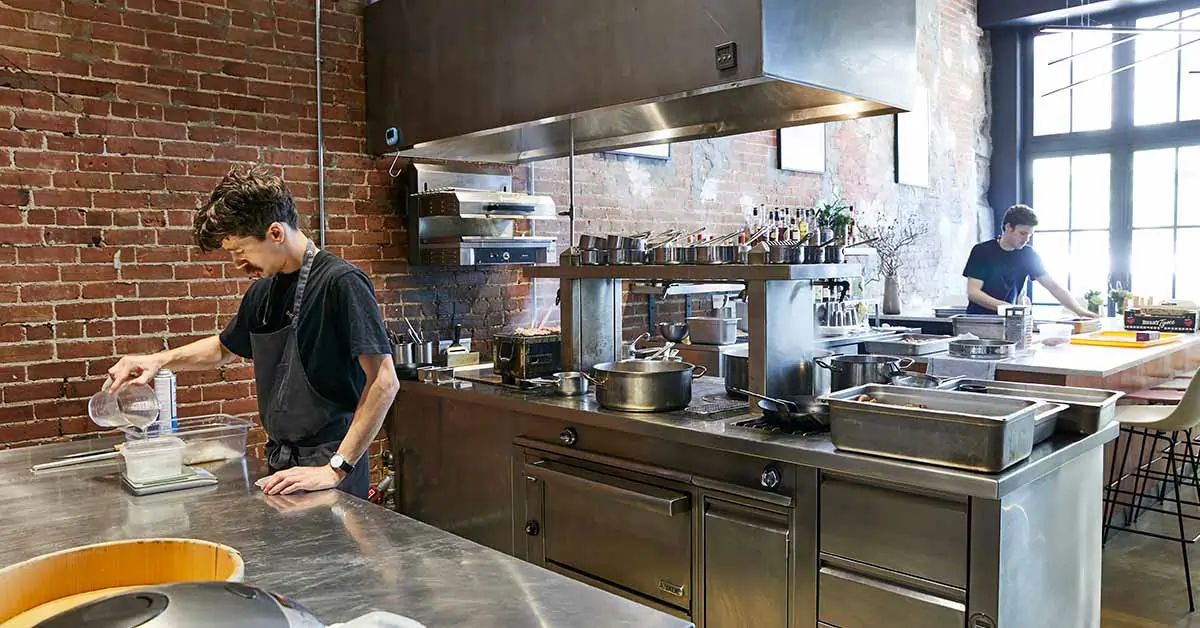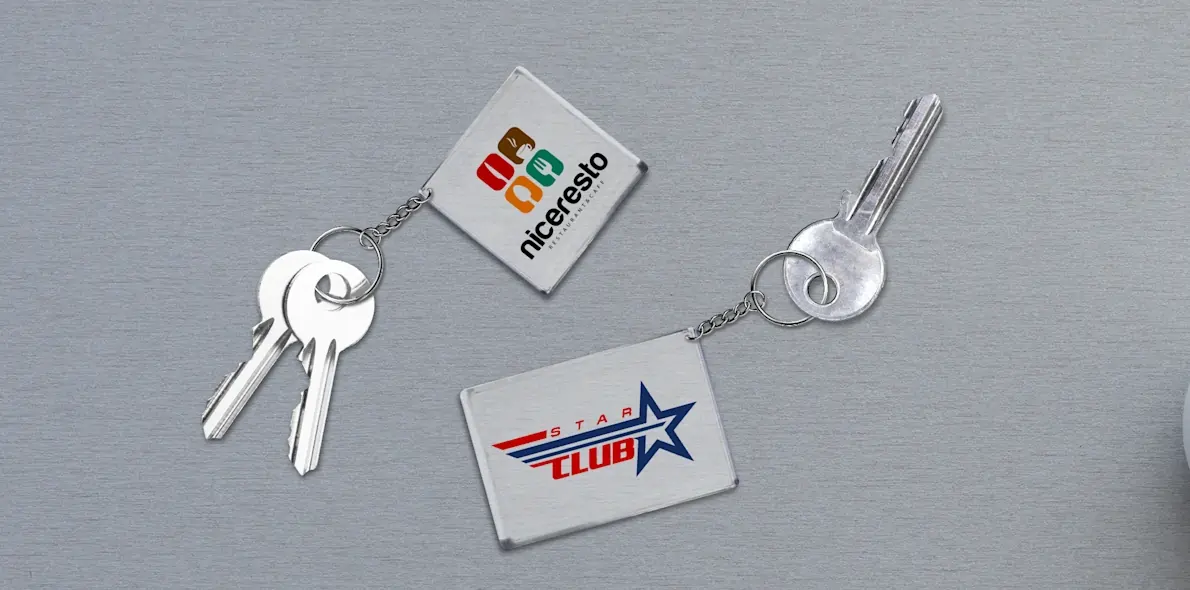Launching a new restaurant or updating an existing kitchen can be a daunting venture. Premium quality restaurant equipment is the linchpin for a venue’s success, affecting everything from food preparation to customer service. Navigating the maze of available options requires a keen understanding of the industry’s best practices.
Finding the right pieces that balance cost, efficiency, and longevity is imperative. Below, we dive into the crucial aspects of purchasing the top-notch gear your culinary enterprise needs.
Understanding the Essentials of Commercial Kitchen Equipment
To choose the right commercial kitchen gear, consider your restaurant’s needs, including core components like ranges, refrigerators, and ovens. The size and layout of your space dictate the equipment needed, and understanding the workflow can lead to a more efficient environment.
Modern equipment with energy-saving designs and ergonomics can reduce operational costs and improve staff comfort. Ensure the equipment aligns with your menu and service volume. Consider food safety and health regulations, opting for easy-to-clean, detachable parts or non-porous surfaces. Consider the scalability of your equipment choice, opting for modular options that can be easily upgraded or expanded as your business grows.
Assessing the Right Commercial Kitchen Equipment Supplier or Brand
Choosing the right kitchen equipment supplier is crucial for ensuring both quality and reliable customer service. Look for suppliers with strong reputations, positive customer reviews, and a diverse product range. This diversity allows for one-stop shopping, while specialization in certain equipment can signal expertise in areas like baker’s ovens or sushi refrigerators.
A knowledgeable sales team can guide you through technical details and budget-friendly options, and established brands typically offer proven reliability and readily available parts. Local suppliers, such as Restaurant Supply Los Angeles, provide the added benefit of immediate access to products and support, minimizing downtime and disruptions in your kitchen operations.
Importance of Warranty and Service Agreements in Restaurant Equipment Purchases
Warranties are crucial when purchasing restaurant equipment to protect investments against defects and malfunctions. Before making a purchase, review the warranty’s coverage, duration, and claim process. Service agreements provide experts for equipment maintenance, potentially averting costly malfunctions. Preventive maintenance can extend equipment lifespan and save money and stress. A company’s reputation, swift response times, and competent technicians are essential.
Analyze the history of service claims and resolution to gauge reliability and efficiency. Some suppliers may offer custom warranties or service options tailored to specific needs. Negotiating terms that better suit your business’s unique situation can lead to more favorable outcomes in the commercial kitchen space.
Evaluating New Versus Used Restaurant Equipment for Your Needs
Choosing between new and used restaurant equipment is a crucial decision. New equipment offers the latest features and a full warranty but can be a significant investment. Established restaurants prefer new equipment for reliability and continuity, while startups with limited budgets may opt for used items.
When purchasing used equipment, inspect it for wear, operational capacity, and safety compliance issues. Reputable resellers can help mitigate these concerns. Refurbished equipment, which is returned to near-new condition and comes with limited warranties, can be a cost-effective compromise. Source refurbished items from certified professionals to ensure quality standards are met. Regardless of the choice, consider the life left in the item and its age to determine future resale value or operational efficiency.
Calculating the Total Cost of Ownership for Restaurant Equipment
When budgeting for restaurant equipment, consider the total cost of ownership (TCO) over its lifespan, which includes energy consumption, maintenance, repair, and potential downtime. Energy-efficient appliances can be more expensive upfront but can offer significant savings in the long run. Regular preventive maintenance can help manage these costs and avoid major breakdowns. Regular repairs and parts replacement are crucial components of TCO, as some appliances are prone to wear and require periodic replacement.
Investing in high-quality, reliable equipment can minimize repair-related expenses and protect your business’s reputation and revenue stream. Consider the impact on operations if equipment goes down, as downtime can lead to lost revenue and a tarnished reputation. Therefore, investing in high-quality, reliable equipment is essential for a financially sound decision.
Overall, making informed decisions on restaurant equipment involves much more than focusing on the initial price tag. With careful consideration given to your kitchen’s needs, supplier reliability, warranty protection, new versus used options, and total cost of ownership, you’ll ensure your investments promote operational excellence and long term success.






